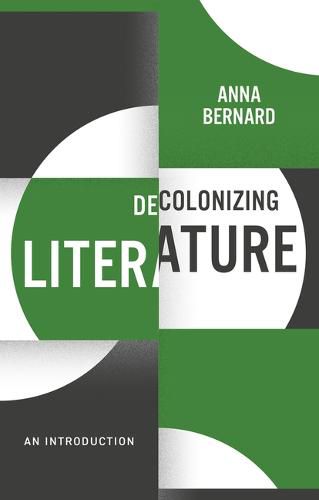Readings Newsletter
Become a Readings Member to make your shopping experience even easier.
Sign in or sign up for free!
You’re not far away from qualifying for FREE standard shipping within Australia
You’ve qualified for FREE standard shipping within Australia
The cart is loading…






Recent efforts to diversify and decentre the literary canon taught at universities have been moderately successful. Yet this expansion of our reading lists is only the start of a broader decolonization of literary studies as a discipline; there is much left to be done. How can students and educators best participate in this urgent intellectual and political project?
Anna Bernard argues that the decolonization of literary studies requires a change to not only what, but how, we read. In lively prose, she explores work that has already been done, both within and beyond the academy, and challenges readers to think about where we go from here. She suggests ways to recognize and respond to the political work that texts do, considering questions of language and translation, comparative reading, ideological argument, and genre in relation to the history of anticolonial struggle. Above all, Bernard shows that although we still have far to go, the work of decolonizing literary studies is already under way.
Decolonizing Literature is a must-have resource for all those concerned by the development and future of the field.
$9.00 standard shipping within Australia
FREE standard shipping within Australia for orders over $100.00
Express & International shipping calculated at checkout
Recent efforts to diversify and decentre the literary canon taught at universities have been moderately successful. Yet this expansion of our reading lists is only the start of a broader decolonization of literary studies as a discipline; there is much left to be done. How can students and educators best participate in this urgent intellectual and political project?
Anna Bernard argues that the decolonization of literary studies requires a change to not only what, but how, we read. In lively prose, she explores work that has already been done, both within and beyond the academy, and challenges readers to think about where we go from here. She suggests ways to recognize and respond to the political work that texts do, considering questions of language and translation, comparative reading, ideological argument, and genre in relation to the history of anticolonial struggle. Above all, Bernard shows that although we still have far to go, the work of decolonizing literary studies is already under way.
Decolonizing Literature is a must-have resource for all those concerned by the development and future of the field.